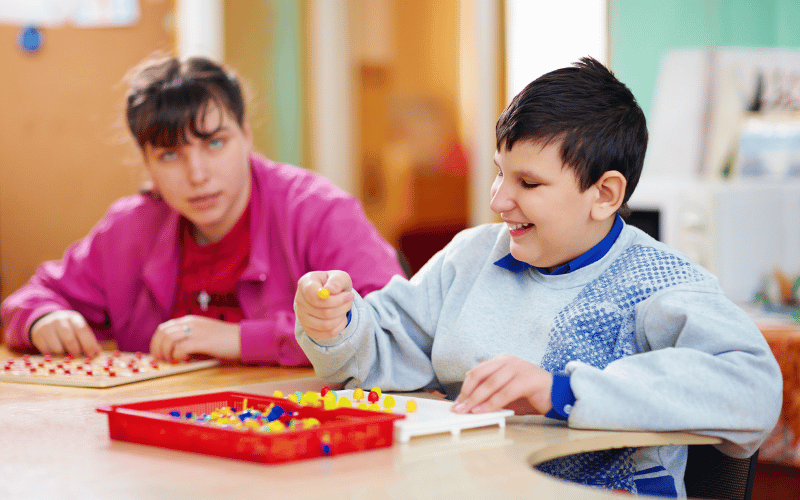Introduction: Exploring the Depths of Huntington’s Disease in Children

Huntington’s Disease (HD), also known as Huntington’s Chorea, is a profoundly debilitating and progressive neurodegenerative disorder. This hereditary disease significantly impacts the brain’s nerve cells, initiating a gradual deterioration in a person’s physical capabilities, cognitive faculties, and emotional stability. While the majority of HD diagnoses occur in adults between their thirties and forties, it’s critical to recognize that this formidable condition can also, albeit rarely, afflict children.
Genetics plays a pivotal role in the onset of Huntington’s Disease. The mutation of a specific gene is the catalyst for this condition. Each individual living with HD has inherited the flawed gene from one of their parents.
This errant gene (known as HTT) is responsible for producing a protein called huntingtin. Unfortunately, when the gene mutates, it causes a repetition of a particular sequence within the DNA.
Consequently, an abnormal version of the huntingtin protein is produced. Over time, this deviant protein insidiously damages brain cells, eventually manifesting as the symptoms of HD.
Juvenile Huntington’s Disease (JHD) is the term used to categorize instances of HD that impact children and young people. Representing only about 10% of all HD diagnoses, JHD is uncommon but no less devastating. Defined by the onset of HD symptoms in individuals younger than 20 years of age, JHD brings with it a distinct set of complications and struggles.
1. Cognitive Decline: A Telltale Sign of Juvenile Huntington’s Disease

One of the most poignant symptoms of Juvenile Huntington’s Disease is a decline in cognitive function. This is a profound indicator of the disease and often one of the first symptoms to manifest. It is crucial to acknowledge that cognitive decline goes beyond merely forgetting things; it significantly impacts a child’s ability to process and retain new information, impacts their problem-solving abilities, and can lead to a noticeable decline in the child’s academic performance.
Children affected by JHD may suddenly struggle with tasks that they previously found easy to accomplish. The cognitive decline associated with JHD can be particularly disconcerting as it can lead to changes in personality, and the child may become more irritable, exhibit mood swings, or show signs of depression. This cognitive decline underscores the insidious nature of JHD and how it reaches beyond just physical ailments. (1)